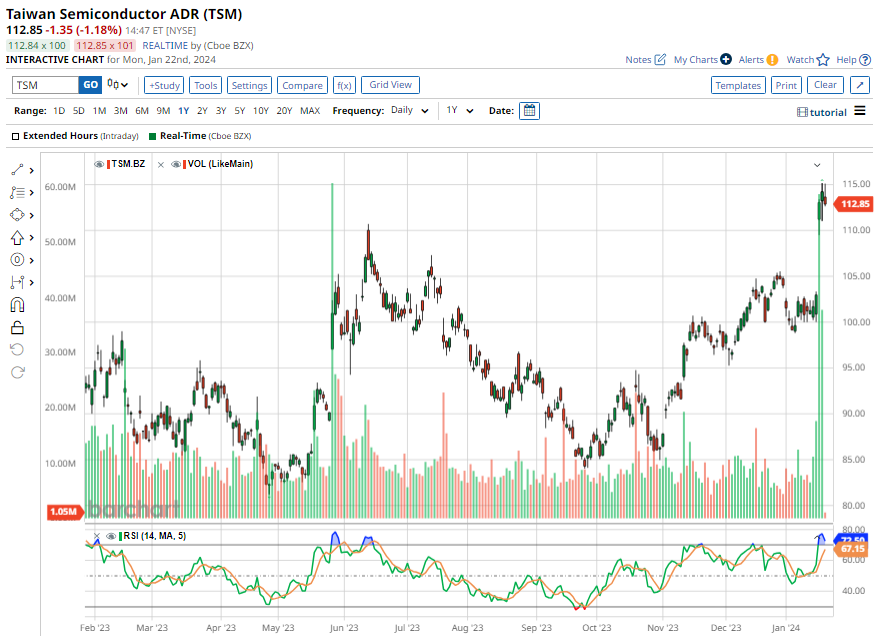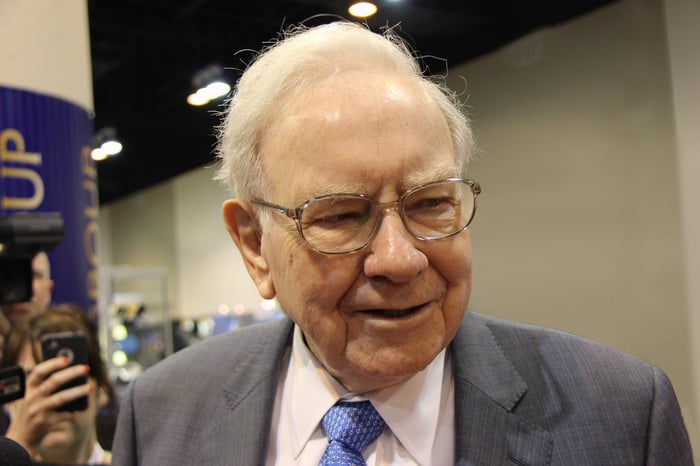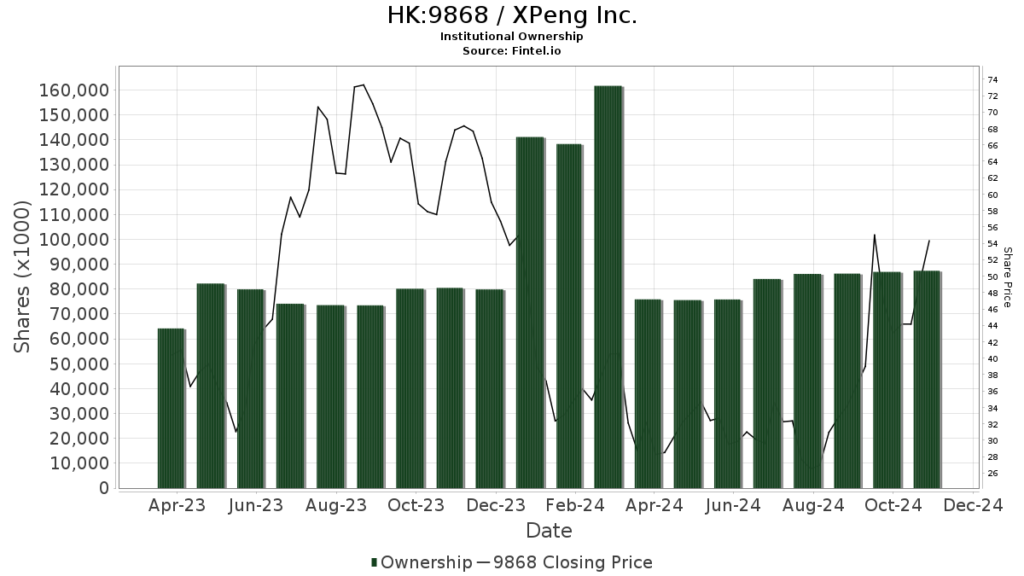The semiconductor stock market is currently experiencing a significant upsurge in relation to artificial intelligence (AI). The resurgence of AI-related rally in semiconductor stocks in 2024 was ignited on Jan. 18, following the positive forecast by Taiwan Semiconductor Manufacturing (TSM) – the world’s largest contract chip maker. TSM anticipates a robust growth of up to 26% in revenues, signaling a bounce-back in smartphone demand and a significant boost in chip and computing expectations.
The excitement in the market has been driven by TSM’s emphasis on the potential of AI to revolutionize the chip industry due to its extensive computing necessities. The anticipation is captured by the CEO, CC Wei, who stated, “We expect 2024 to be a healthy growth year for TSMC, supported by… robust [artificial intelligence] demand.”
The impact of TSM’s forecast reverberated globally, leading to an impressive $160 billion valuation increase in global chip stocks on the day of the announcement.
A Turning Point in the Semiconductor Market
Taiwan Semiconductor’s forecast added to the growing confidence that the chip industry has left behind its latest cyclical downturn in 2023 and that a “turning point” is at hand for the $600+ billion market. The Semiconductor Industry Association (SIA) reported that worldwide sales climbed to $48 billion in November, marking the first increase on an annual and quarterly basis in more than a year.
SIA revealed that the global chip market is continuing to gain strength, with forecasted global revenues rising 13% to $588 billion in 2024. This data indicates a vigorous upswing for the industry.
Taiwan Semiconductor to Stay at the Pinnacle
Taiwan Semiconductor’s positioning as the primary supplier for the most advanced chips for companies like Nvidia (NVDA) and Apple (AAPL) has significantly contributed to its success. The company’s strong growth outlook surpasses the forecast for the overall semiconductor market, with significant growth in revenues from high-performance computing applications, smartphone chips, and automotive applications.
With an approximate 90% share of the world’s advanced chip market and gross margins of nearly 60%, Taiwan Semiconductor is a formidable force in the industry. The company’s extensive patent portfolio related to chipmaking, particularly in advanced packaging, further solidifies its dominance in contract manufacturing.
The company’s substantial profit margins fuel increased investment in research and development, accelerating the release of next-generation technologies. TSM spends over $30 billion annually in capital expenditure.
Taiwan Semiconductor’s CEO, Wei, anticipates an annual growth rate for AI computing of 50% in the coming years, with AI processors potentially accounting for 15-20% of its revenue within the next five years. The company’s key clients in the AI chip space are leading industry players, Nvidia and Advanced Micro Devices (AMD).
The company’s focus on 3 nm and 2 nm chip technologies is indicative of its trajectory. Taiwan Semiconductor significantly ramped up its 3 nm production in the second half of 2023, with expectations for strong continued ramp into 2024 to support customers in high-performance computing. The company forecasts the introduction of its first 2 nm chips in 2025.
It is believed that artificial intelligence and high-performance computing will drive Taiwan Semiconductor’s most significant growth in the future, displacing the dominance of mobile communication and smartphone chips in semiconductor demand.
Analysts predict that AI-related semiconductors will account for 15% of the company’s revenue by 2027, representing an 18% annual growth rate. High-performance computing, including AI and central processing units computing, is anticipated to encompass almost 50% of TSM’s total revenue, up from the current 44%.
TSM stock is considered an attractive investment option at current prices, with a target of at least $150 a share.





